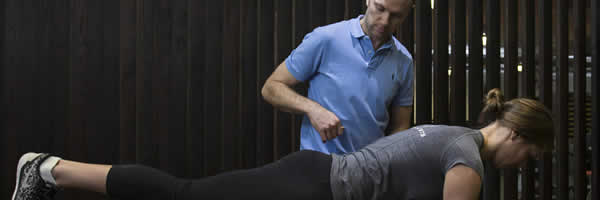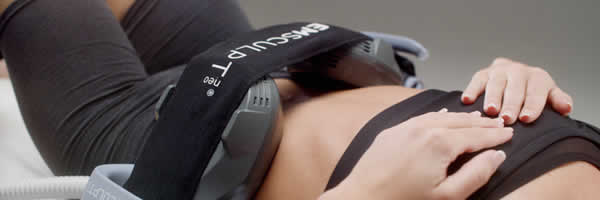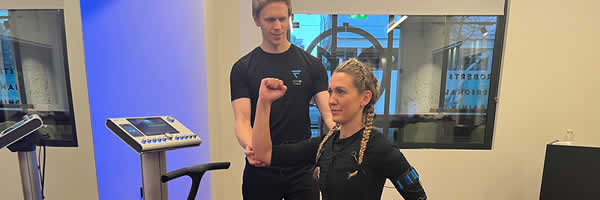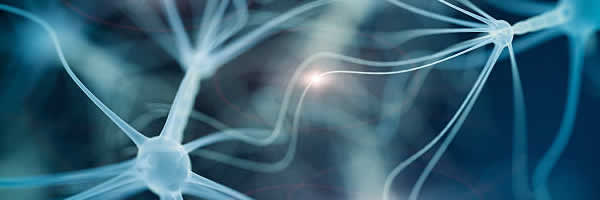Personal Training
The Matt Roberts Personal Training team have long been recognised as industry leaders. With more than a million hours delivered across the UK. Now, our expert training team can coach you wherever you are in the world!
Fasting during the month of Ramadan means no eating for 18 hours until the fast opens (sunset). Seriously… nothing!
So, you’re saying not even water? Yes, not even water. The months May/June make it even harder here in London as the fast lasts around 18 hours and some days get pretty warm outside. This means that training during the 30 days is a mental and physical challenge! Therefore, training from a holistic approach and eating right goes a long way. I often get asked how I train while fasted but as a reminder I have been doing this for a few years now and I’ve learnt to cope mentally and physically. Here are a couple of my tips for this amazing month.
It is imperative to get enough sleep through-out the month. The range of hours I would suggest for optimal daily function is 7-9 hours of daily sleep. Now as we should wake up for Suhoor (eating period before fast closes) which is around 2:30-3:30am it is difficult to have a proper sleeping pattern.
What do you suggest as a strategy to optimal sleep?
I tend to sleep earlier than normal to fit in some more time as I have to wake up around 2:30am which disrupts my sleeping pattern. As a trainer, I have the joy of early shifts which means I get to nap around 4-5pm which is a huge help. So, figuring out what works for your schedule is key to success and scheduling beforehand will help greatly.
Not focusing on hydrating yourself properly will take a toll on you throughout the weeks, signs of dehydration such as dizziness and dry mouth can occur which will make your fast even harder. An easy way to stay on top of hydration is to sip on water slowly throughout the eating period. I recommend 1.5-2.5 litres of water for optimal function.
Can I drink fruit juice to stay hydrated?
Fruit juice is not the best options due to high content of sugar. Instead try alternatives such as coconut water, sparkling water or flavoured water.
Whatever food you’re thinking of eating, ask yourself if it will help with sustaining energy throughout the day and if it will assist your recovery from training or if you are just eating it for the sake of eating?
What is nutritious food and what should I eat to open my fast?
Nutritious food is food that will benefit your health rather than foods such as crisps, chocolates and cakes which will do more harm than good. The likes of complex carbohydrates such as sweet potatoes and oats are great options for slow releases of energy to open your fast alongside protein and fats such as lean chicken, fish, olives and avocados. Don’t forget to still eat a fair amount of fruit and vegetables, an easy way to get them in your diet is to make a smoothie.
Things to avoid during the 30 days.
Try to avoid drinking coffee and tea as caffeine is a diuretic which stimulates water loss from the body. Refined sugar should be avoided as this will not contribute to better health or your physical aspect. Salt intake should be kept to a minimum as a high sodium diet can also impact hydration levels, thus, be careful of foods that include lots of salt.
Training in Ramadan is not easy. You cannot train like you normally do as you’re in a fasted state which automatically means you have less energy and are not consuming enough calories to recover like you could do before Ramadan started.
What shall I do to maintain fitness?
My advice is to cut down to three sessions a week, two being strength based and one cardio based workout. The cardio based workout can be done after opening your fast so that you eat something before you work out and the strength sessions can be done before the fast opens as you have more rest in between sets.
Examples of strength sessions can be a two-day split of upper and lower Body.
Your upper body session could entail:
Bench Press / Shoulder Press (5 Sets x 1-3 reps with 2Min+ Rest) with 2 accessory exercises of your choice (2-3 Sets x 10 Reps 1-2Min Rest)
Your lower body session could be the same but exchange the Bench Press / Shoulder Press to Back Squat / Deadlift with same rep range.
What shall I do to lose fat?
You can change the split to two cardio based workouts and one strength sessions however, focusing on your nutrition will be the key to losing fat throughout the month. Examples of cardio workouts can be Low Intensity Steady State (LISS) or High Intensity Interval Training (HIIT), it is best to stick with LISS unless you’ve been training for a while you can carry out HIIT safely.
I hope you all enjoy this blessed month of Ramadan and accept that this month is not just focused on training goals and focused more on other aspects of Ramadan such as self-control, self-reflection and charity, thus, staying healthy is my main message and not putting too much effort into other physique oriented goals.
Shayaan Kahn

The Matt Roberts Personal Training team have long been recognised as industry leaders. With more than a million hours delivered across the UK. Now, our expert training team can coach you wherever you are in the world!

Mayfair Physiotherapy offers unrivalled expertise and high quality care. We have an expert team of Specialist Physiotherapists with years of experience led by Simon Gilchrist.

Located in the heart of Knightsbridge, the Bone Health Clinic at Evolution offers a cutting-edge service designed to combat osteoporosis and osteopenia.

EmSculpt Neo and EmSella are here to change the face of musculoskeletal rehab. Already widely used in the cosmetic and aesthetic industry, we are bringing in this technology to enhance the recovery and rehabilitation journey of our patients.

Vive Fitness combines EMS (electro-muscle-stimulation) technology with tailored training programmes to transform your health and fitness experience.

Every gut is unique and as such it is essential you have the deepest possible understanding of your own in order to optimise your diet and lifestyle.

Your hormones are at the heart of your health and performance, ultimately determining how well you feel and function throughout your life.

While striving for physical health and longevity is essential to live your best life, it is vital that we learn how to better care for and tend to our mental and emotional wellbeing.
Register to be the first to hear when you can sign up for the masterclass and to receive a special early bird price.